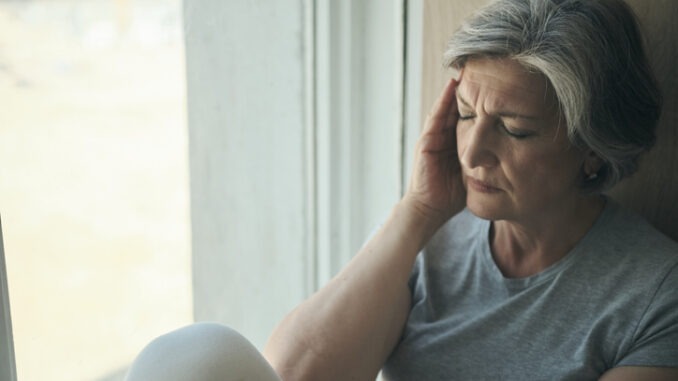
As reported by BBC News, people who are vaccinated are less likely to develop long COVID even if they catch the virus, a rapid review by the UK Health Security Agency reveals
It looked at the available evidence to date from 15 studies around the world.
The findings suggest that while some who are jabbed catch COVID, vaccines reduce infection risk and illness, including symptoms like fatigue.
And unvaccinated people who catch COVID and get symptoms of long COVID, do better if they then get vaccinated.
Some of the studies in the review looked at the effect of vaccinations given before infection and found:
- People with COVID who received two doses of the Pfizer, AstraZeneca or Moderna vaccines or one dose of the Janssen vaccine, were about half as likely as people who received one dose or were unvaccinated to develop long-COVID symptoms lasting more than 28 days
- Vaccine effectiveness against most long-COVID symptoms was highest in people aged 60 years and over
Others that looked at the effects of vaccines in people who already had long-COVID symptoms found:
- Vaccines may improve rather than worsen COVID symptoms, either immediately or over several weeks
According to the UK Health Security Agency (UKHSA), around two per cent of the UK population have reported symptoms of long COVID, such as fatigue, shortness of breath and muscle or joint pain.
Symptoms like these can last for more than four weeks after the infection.
People who received two doses of a vaccine against COVID are less likely to experience this or will have the symptoms for a shorter time.
Dr Mary Ramsay, head of immunisation at the UKHSA, said: “These studies add to the potential benefits of receiving a full course of the COVID-19 vaccination. Vaccination is the best way to protect yourself from serious symptoms when you get infected and may also help to reduce the longer-term impact.
“For most people, symptoms of long COVID are short-lived and resolve over time. But for some, symptoms can be more severe and disrupting to their daily lives. If you’re experiencing unusual symptoms, particularly for longer than four weeks after infection, you should consider contacting your GP.”


Be the first to comment